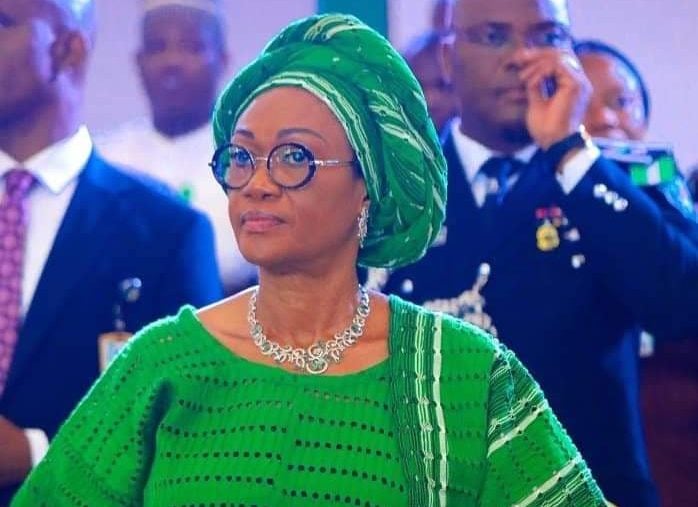Nigeria Aims to End Tuberculosis by 2030, Says Oluremi Tinubu

Nigeria’s First Lady, Senator Oluremi Tinubu, has restated the country’s determination to eradicate tuberculosis (TB) by the year 2030, pledging stronger domestic commitment and reduced dependence on donor funding in line with President Bola Tinubu’s Renewed Hope Agenda.
Speaking as the Special Guest of Honour at the 39th Stop TB Partnership Board Meeting in Manila, Philippines, Mrs Tinubu said Nigeria was taking concrete steps to build resilient health systems capable of sustaining the anti-TB fight regardless of fluctuations in international support.
According to a statement by her media aide, Busola Kukoyi, the First Lady, who also serves as the Global and National Stop TB Champion, described TB as “the world’s deadliest infectious killer,” stressing that its airborne nature made it a threat to all.
“The sustainability of our TB response cannot depend solely on external assistance,” she said. “It must come from within our nation, through leadership, community engagement, and strategic national coordination.”
Mrs Tinubu noted that Nigeria’s fight against TB had remained strong despite temporary funding shortfalls, adding that the number of people diagnosed and treated for the disease in 2025 had stabilised.
“This stands as a testament to the power of country ownership and to the unwavering commitment of Nigerians who continue to drive this response forward, even in the face of uncertainty,” she stated.
She highlighted the human toll of tuberculosis, revealing that over 150,000 Nigerians died of TB in 2023, while an estimated 479,000 new cases were recorded, placing the country among the eight nations responsible for two-thirds of global infections.
“These are not just statistics; they represent mothers, fathers, sons, and daughters. Their lives compel us to act with urgency and compassion,” she said.
The First Lady commended the Federal Ministry of Health and Social Welfare, the Stop TB Partnership, and other stakeholders for their transparency and dedication to expanding access to testing, diagnosis, and treatment, particularly by integrating TB services into primary healthcare systems.
She urged sustained collaboration to meet the global 2030 target, stressing that “health for all begins in our communities.”
In his remarks, Dr Teodoro Herbosa, Chair of the Stop TB Partnership Board and Secretary of Health of the Philippines, described tuberculosis as both a health and development challenge, calling for renewed global resolve.
Similarly, Dr Lucica Ditiu, Executive Director of the Stop TB Partnership, underscored the importance of integrating data systems with national health frameworks, disclosing that new grant facilities in five countries had recently enabled the screening of 8,000 people and preventive treatment for 3,000.
Also present at the meeting was Nigeria’s Coordinating Minister of Health and Social Welfare, Professor Muhammad Ali Pate.
The 38th edition of the Stop TB Partnership Board Meeting was held in Abuja in 2024.









